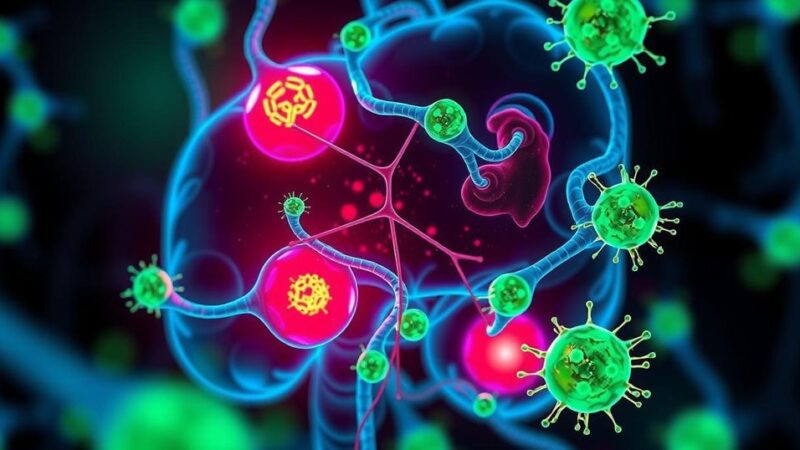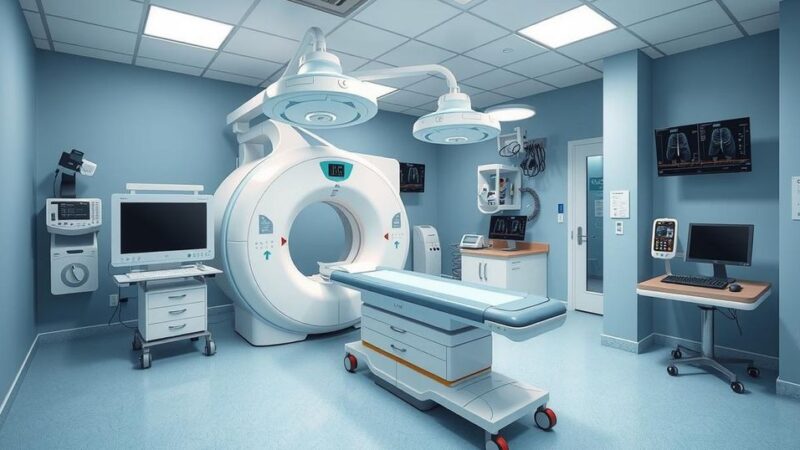- A new study shows urine-based DNA testing can predict bladder cancer recurrence.
- The study analyzed tumor DNA from patients treated with atezolizumab immunotherapy.
- UroAmp test results linked to therapy response could lead to personalized patient care.
Research on Urine Samples and Immunotherapy Efficacy
Urine-Based DNA Test May Shape Bladder Cancer Treatment Decision Making. Recent findings shed light on a promising new urine-based tumor DNA (utDNA) test that could assist medical professionals in predicting bladder cancer recurrence after surgeries or therapies. Conducted as part of the SWOG S1605 trial, the study analyzed urine samples from patients who received atezolizumab, an immunotherapy drug, to determine how effective this test is in forecasting patient responses.
UroAmp Test Informs Personalized Treatment for Patients
Involving patients with high-risk bladder cancer, the study utilized the UroAmp test to assess utDNA levels at both the beginning of treatment and around three months later. Researchers examined samples from 89 patients initially and 77 who followed up, hoping to discover whether particular utDNA characteristics could forecast which individuals would respond to bladder cancer treatment. The implications of these findings suggest better patient management and possibly avoiding extensive interventions like major surgeries.
New Hope for Patients with Bladder Cancer Through Testing
The study found a notable correlation between utDNA levels and patient responses after six months, with those showing positive test results facing higher risks of recurrence. As bladder cancer remains a prevalent diagnosis in the U.S., impacting more than 83,000 people annually, the potential to modify treatment pathways based on test outcomes presents new hope for patients. This urine-based test might change how healthcare providers approach treatment plans, tailoring them to individual needs and potentially preserving bladder function, minimizing drastic surgeries where possible.
In summary, the research indicates that a urine-based DNA test can effectively anticipate bladder cancer recurrence, offering critical insights for treatment planning. With better predictions regarding which patients might gain the most from immunotherapy, this approach could vastly improve patient care and reduce need for major surgical interventions. The UroAmp test stands as a promising tool in revolutionizing how high-risk bladder cancer is managed moving forward.






